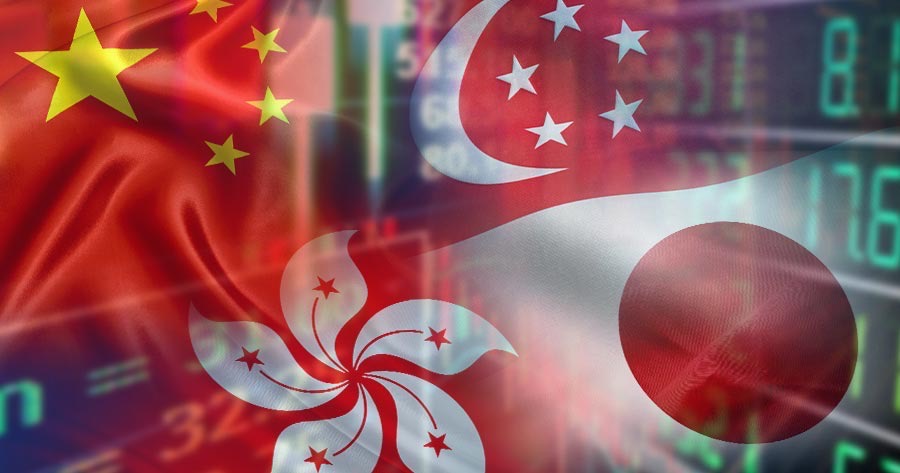Asian equities loss looks far from over after four-month slumped has wiped out over $2 trillion in value.
Rising COVID-19 cases in China and U.S. interest rates has set greater pressure on the MSCI Asia Pacific Index which has declined almost 20% from a high reached in January.
Amid stronger dollar and slowing down Chinese economy, Asian’s investors sold regional bonds and currencies heavily. Bearish calls on U.S. stocks from Morgan Stanley and Goldman Sachs Group Inc. suggest that equities as a whole may suffer further declines before reaching a turning point.
“If we see a reversal in China’s Covid Zero policy and a genuine re-opening of the economy, that by itself would provide quite a change in sentiment toward Asian equities,” said Sat Duhra, a portfolio manager at Janus Henderson Investors as reported by Bloomberg.
Meanwhile, Beijing doubled down on its Covid streaky las week despite greater calls for relaxing curbs taking a toll on economic figures. China’s deep trade and tourism ties with Asia mean that the lockdowns in major cities such as Shanghai are likely to worsen price pressures, although some factories are gradually resuming production.
“If China lockdowns were to extend throughout the second quarter and beyond, we expect supply chain disruptions would meaningfully start affecting almost all global hardware companies,” with the most direct impact in Asia, said Ashish Chugh, portfolio manager for global emerging markets equities at Loomis, Sayles & Company as reported by Bloomberg.
On Tuesday, BlackRock Inc.’s research unit, which turned “modestly positive” on Chinese shares in October, cut its call to neutral.
Headwind lies ahead with traders are pricing in more than 175 basis points of increases in the Federal Reserve’s policy rate this year, which will likely send the dollar higher. This risks making borrowing and refinancing more expensive for Asian companies.
According to data complied by Bloomberg, foreign funds have withdrawn a net $41 billion from shares in Asia excluding China this year.
“We are neutral Asia ex-Japan equities,” BlackRock Investment Institute strategists including Jean Boivin and Wei Li wrote in a note.
“China’s deteriorating macro outlook is a worry, and policymakers have yet to fully deliver on promises of easing.”




